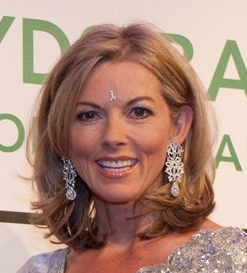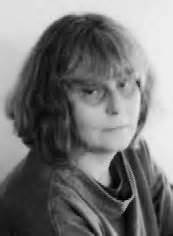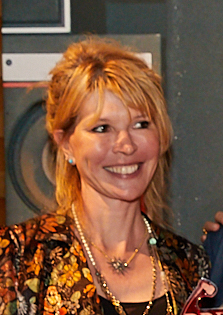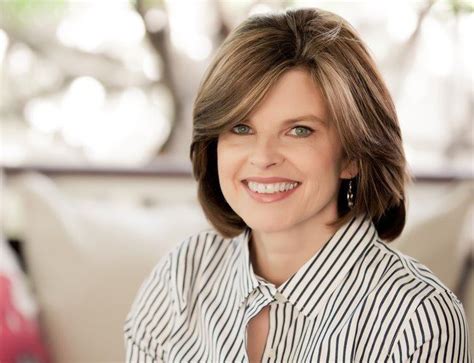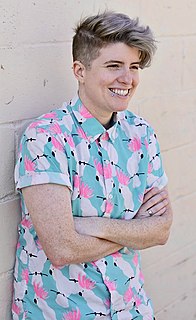A Quote by Anjelica Huston
I must confess I love female writers: Jane Austen, Isak Dinesen, Colette, Willa Cather, Dawn Powell, Joan Didion. I grew up on the Bronte sisters, and Daphne du Maurier.
Related Quotes
And I love Jane Austen's use of language too--the way she takes her time to develop a phrase and gives it room to grow, so that these clever, complex statements form slowly and then bloom in my mind. Beethoven does the same thing with his cadence and phrasing and structure. It's a fact: Jane Austen is musical. And so's Yeats. And Wordsworth. All the great writers are musical.
I love anything by Joan Didion. Incidentally, she was one of the local moms when I was growing up in Point Dume. She always reminded me a little bit of my mother, so I feel a great affinity. I love the precision of Didion's writing. There's a construction and a craftsmanship to her sentences that's imbued with so much emotion.
I am a Jane Austenite, and therefore slightly imbecile about Jane Austen. My fatuous expression, and airs of personal immunity-how ill they sit on the face, say,of a Stevensonian! But Jane Austen is so different. She is my favourite author! I read and reread, the mouth open and the mind closed. Shut up in measureless content, I greet her by the name of most kind hostess, while criticism slumbers.


